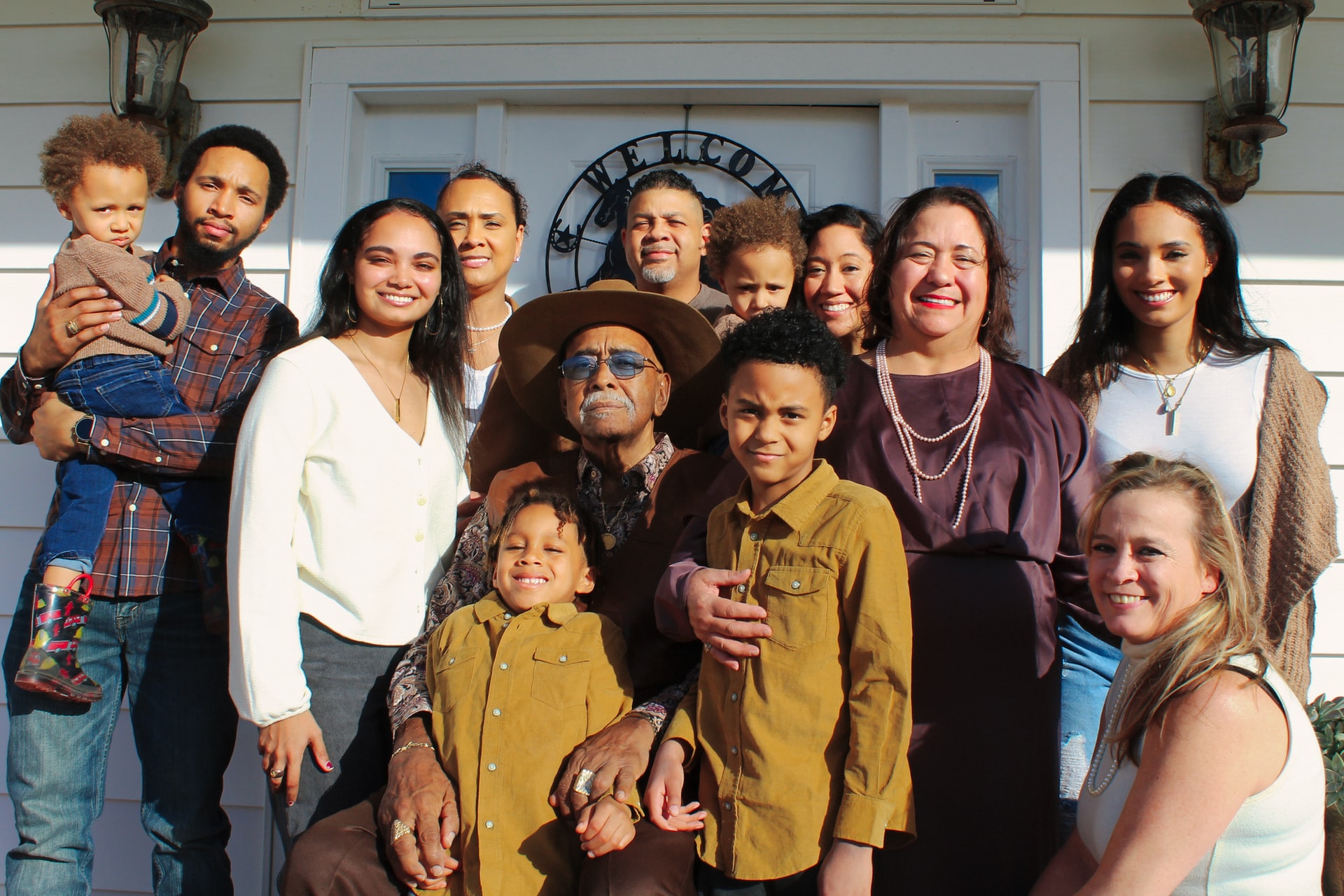Who gets your super and can you make sure your wishes are followed?

When you join a super fund there is a form that asks you to nominate who should receive your money if you die before you use it. Some people may also nominate a beneficiary in their will.
Yet many people are unaware that neither of these methods guarantees the money goes to the person you have pledged it to. Superannuation is not considered as a part of your will so does not automatically become part of your estate, says Wilson. It is held in trust by the super fund. Rules enshrined in legislation but governed by the super funds themselves will decide who is eligible to receive your super money if you pass away.
Superannuation beneficiaries include:
- Your spouse or de facto, but not former spouses
- Your children
- Someone financially dependent on you at the time of your death
- Your estate, but this requires legal help to override the beneficiaries listed above
How do I nominate a beneficiary if it’s someone not on the list?
If you want a specific person to inherit your superannuation, or you want your super to be distributed via your will, you must specifically direct it to your estate.
There are three options for specifying your superannuation beneficiaries:
Binding nomination
See a lawyer and have your beneficiary named in a legal document. The trustee of the superannuation fund must then pay your super to that person, for example your children or to your estate, from where it could be distributed to another beneficiary of your choice such as a charity or family member.
Check closely how long the nomination lasts before it lapses. Some expire every three years.
If you don’t want your nomination to lapse then opt for a non-lapsing binding nomination. This can be helpful for older people who may lose mental capacity as they age.
Non-binding nomination
While your nomination will be considered, the trustee retains the power to nominate your beneficiary. It is likely that this is the nomination taken out by Petrie.
No nomination
Similar to a non-binding nomination, if you do not specify your superannuation beneficiary the trustee will pay the money according to its discretion which could be your estate or to an eligible beneficiary according to the criteria above – spouse, children or a financial dependent.
What if you are already receiving a super pension?
The same rules as above apply plus others specific to your circumstances.
The bottom line is, if you want to ensure your superannuation goes to a specific person then see a lawyer.
How long must a couple be together to be considered de facto?
Usually under Australian law a couple is deemed to be in a de facto partnership after living together for two years. Other considerations are taken into account including whether they share bank accounts, property and weekly expenses, whether they have children and whether they are known by family and friends as a couple.
Latest News Articles
Back to Latest News
New Year, New Money Habits: What to Stop Doing in 2026

What a Financial Plan Actually Looks Like


